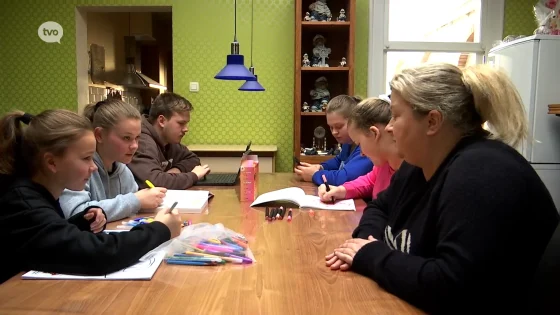Air quality is poor in Flanders, with cold and misty weather persisting for several days. This stagnant atmosphere traps air pollution, making it difficult to clear. Have you noticed the haze around you? The lack of wind and temperature inversion are key factors contributing to this issue.
- Cold, misty weather persists in Flanders.
- Air pollution accumulates in the atmosphere.
- Low wind and temperature inversion worsen conditions.
- Wood stoves contribute to local air quality issues.
- VMM advises against burning wood for heating.
- No current measures for speed limits on highways.
Why Is Air Quality Deteriorating in Flanders Right Now?
The current cold snap has led to troubling air quality levels across Flanders. Are we doing enough to protect our environment? With little wind, fine particulate matter remains suspended in the air, exacerbated by a phenomenon known as temperature inversion.
The Role of Wood Burning in Air Pollution
One major contributor to the worsening air quality is emissions from wood-burning stoves. The Flemish Environment Agency (VMM) strongly advises against using wood for extra heating or cozy fires during this period. What alternatives do we have?
Understanding Temperature Inversion and Its Effects
Temperature inversion occurs when cooler air becomes trapped under warmer layers above it. This situation prevents pollutants from dispersing into the atmosphere, leading to increased concentrations of harmful particles at ground level.
- This phenomenon often happens during winter months.
- Lack of wind exacerbates the problem by keeping pollutants stagnant.
- Health risks include respiratory issues for sensitive groups.
- Avoiding outdoor activities on high pollution days is advisable.
Tips for Improving Local Air Quality
If you’re concerned about air quality in your area, there are steps you can take. Reducing reliance on wood-burning appliances is a start. Additionally, consider these actions:
- Use electric or gas heaters instead of wood stoves.
- Avoid outdoor burning during periods of poor air quality.
- Stay indoors when pollution levels are high.
- Support policies aimed at reducing emissions from residential heating sources.































